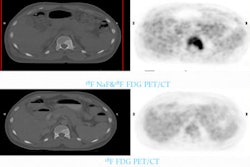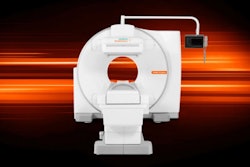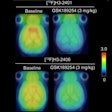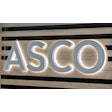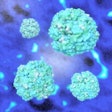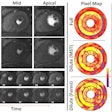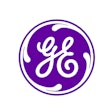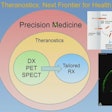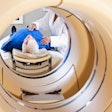The U.S. Food and Drug Administration (FDA) has approved the use of F-18 sodium fluoride (NaF) for PET bone scans, according to the National Cancer Institute (NCI).
One of the benefits of F-18 NaF is that it is not subject to the supply problems that have led to recent nationwide shortages of technetium-99m (Tc-99m), the molybdenum-99-based radioisotope that has long been the only approved radioactive tracer for SPECT bone scans, NCI said.
The FDA approved F-18 NaF in 1972, but it was withdrawn three years later, when the less expensive tracer Tc-99m became available. Because Tc-99m has a half-life of six hours, it cannot be stockpiled. F-18 NaF is more expensive than Tc-99m, but it can be produced in medical cyclotrons, available at many academic universities and commercial suppliers in the U.S., rather than requiring nuclear reactors.
NCI said it hopes that multiple companies and institutions will submit abbreviated new drug applications (ANDAs) to the FDA so that generic versions of the drug can be produced, allowing for a reduction in cost.
Copyright © 2011 AuntMinnie.com







